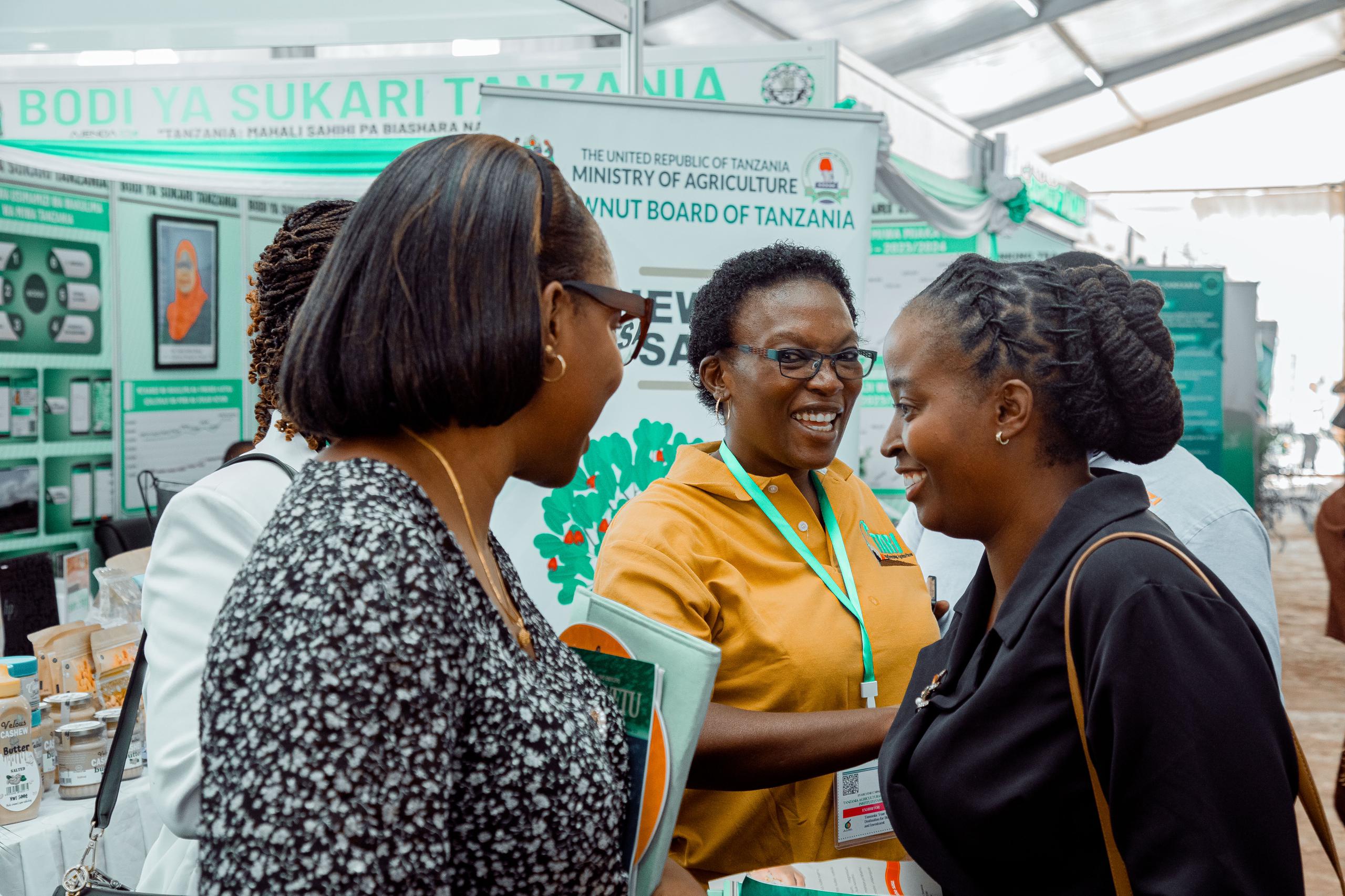Empowering Sustainable, Innovative Agriculture for Prosperity
The Kilimo Roundtable is a dynamic platform dedicated to fostering a thriving and sustainable agriculture sector in Tanzania and East Africa. By bringing together farmers, entrepreneurs, policymakers, and investors, it drives positive change in Tanzanian agriculture through collaborative efforts, knowledge exchange, and capacity building.
Driving Positive Change
The Kilimo Roundtable seeks to empower agribusinesses by facilitating dialogues that spur innovation and cooperation. Emphasizing sustainable practices, it advocates for the adoption of environmentally friendly farming methods and technologies to enhance productivity while preserving natural resources. Through targeted training, workshops, and resources, the Roundtable aims to strengthen the skills and capacities of agribusinesses in financial management, market access, investment incentives, and environmental conservation. Initiatives also prioritize mental health and ensure inclusive development, constructing a resilient and inclusive agricultural sector that benefits all Tanzanians.
Vision and Mission
- Vision: “Empowering sustainable, innovative agriculture for prosperity.”
- Mission: “Driving positive change in agriculture through collaboration, innovation, and capacity building.”
Unlocking Agribusiness Potential
Agriculture plays a crucial role in Tanzania’s economy, accounting for 26.9% of the total GDP in 2020 and growing at an annual rate of 4.9%. The sector is a source of food and industrial raw materials and a significant contributor to foreign exchange earnings. In 2020, agriculture, forestry, and fishing contributed nearly one-third to Tanzania’s GDP, corresponding to approximately 14.3 billion US dollars in value-added. Furthermore, the sector generated over 1.2 billion US dollars in export earnings from major agricultural commodities in 2020. According to the fiscal year 2023/2024 budget, the agriculture sector alone is projected to contribute 20% to the GDP, the livestock sector will add another 7.4%, and the fisheries sector is expected to contribute 1.9%. Together, these sectors account for 29.3% of Tanzania’s GDP.
Opportunities and Challenges
Tanzania has numerous opportunities to expand its agricultural sector, including regional trade agreements such as the African Continental Free Trade Area (AfCFTA), the East African Community (EAC) Common Market, and international agreements like the African Growth Opportunity Act (AGOA). However, the sector also faces challenges such as limited access to international markets, inadequate financial management skills, health concerns among farmers, and difficulties accessing capital.
Kilimo Roundtable Initiatives
- Unlocking Global Market Access:
- Convene high-level dialogues to dismantle barriers and optimize agricultural inputs.
- Expand export opportunities and enhance Tanzania’s global competitiveness.
- Building Financial Resilience:
- Provide tailored financial training and mentorship.
- Strengthen financial stability and promote long-term growth.
- Cultivating Mental Well-being:
- Foster open conversations about mental health and connect individuals with support services.
- Improve mental health outcomes and create a supportive agricultural community.
- Fueling Growth with Capital Access:
- Showcase innovative financing models for agricultural input procurement.
- Drive investment in the sector and create economic opportunities.
- Optimizing Agricultural Inputs and Outputs:
- Facilitate discussions on sustainable input utilization and innovative value addition.
- Enhance resource efficiency and increase profitability.
- Fostering a Thriving Ecosystem of Collaboration:
- Create networking and partnership-building spaces.
- Strengthen the agricultural ecosystem and drive collective action.
Core Objectives
- Catalyze Collaboration and Innovation:
- Convene roundtable discussions, workshops, and networking events.
- Ignite new ideas and foster strategic partnerships.
- Champion Regenerative and Climate-Smart Agriculture:
- Promote environmentally sustainable farming practices and technologies.
- Enhance agricultural productivity and build resilience to climate change.
- Empower through Targeted Capacity Building:
- Deliver tailored training programs and mentorship opportunities.
- Strengthen agribusinesses’ skills and knowledge base.
- Advocate for Equitable and Supportive Policies:
- Engage in dialogue with policymakers to influence supportive policies.
- Create an enabling environment for agricultural growth.
- Prioritize Holistic Well-being:
- Raise awareness of mental health challenges in agriculture.
- Promote well-being and provide access to support services.
- Champion Inclusive and Equitable Growth:
- Design initiatives targeting smallholder farmers, women, youth, and marginalized communities.
- Ensure equitable growth and economic empowerment.
- Empower Women and Youth as Agricultural Leaders:
- Develop leadership programs and mentorship opportunities.
- Cultivate a new generation of agricultural leaders and entrepreneurs.

Leave a Reply